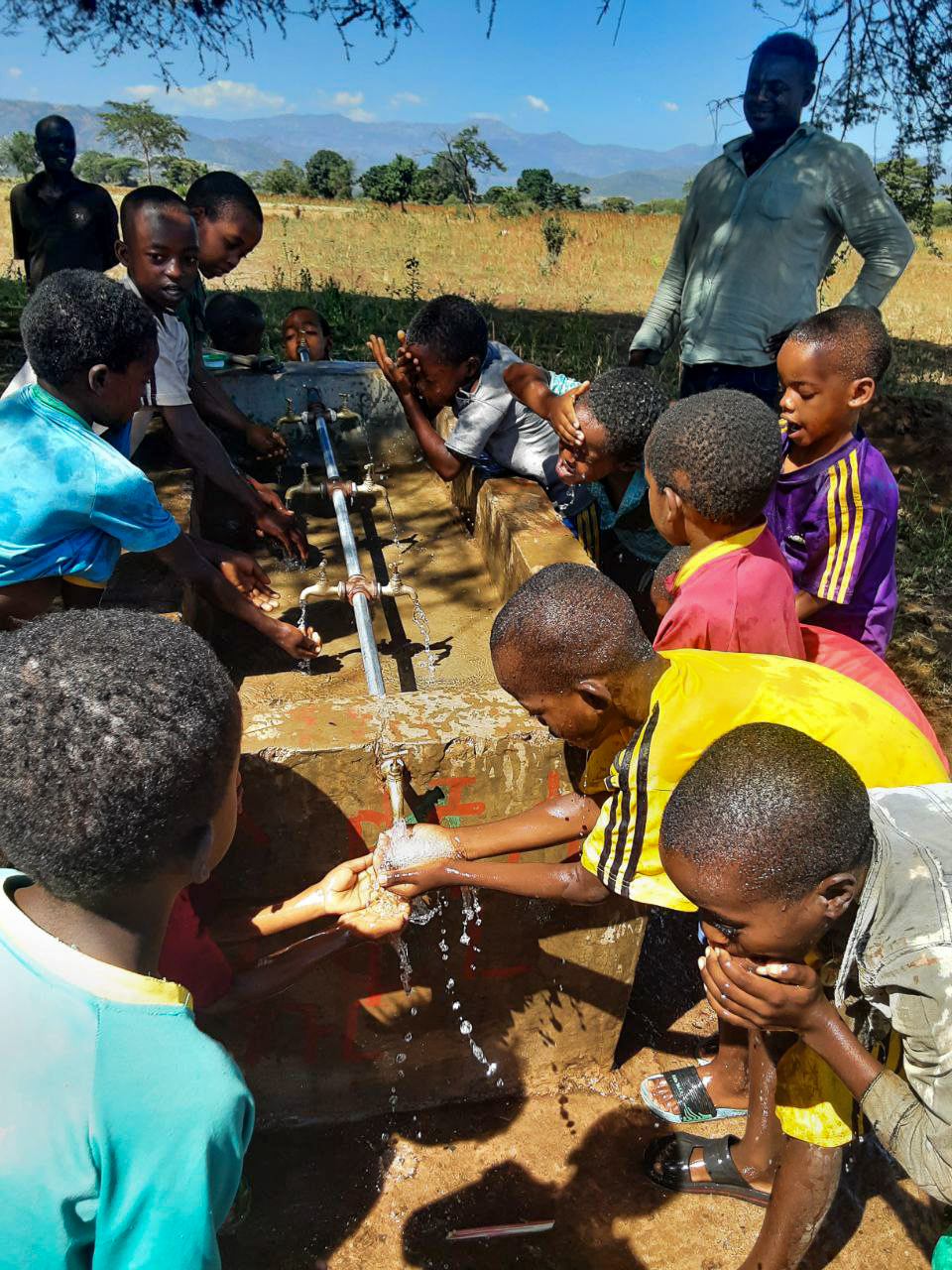“For 8 years this pump stood broken in our school, and in three hours you have fixed it” School Principal, Worke Elementary School, Debris Tabor Town, Amhara Region, Ethiopia
In Ethiopia, diarrheal diseases claim the lives of over half-a-million children under the age of five each year, making them the second leading cause of death worldwide. Attributed in part to the a lack of safe water, inadequate sanitation, and poor hygiene, collectively known WASH, these diseases – including schistosomiasis, soil-transmitted helminths (STH), and trachoma, or neglected tropical diseases (NTDs) – disproportionately impact the world’s poorest and most marginalized populations, putting them at risk of long-term disabilities.
During a visit to schools in Ethiopia in 2019, volunteer engineers discovered that while basic WASH infrastructure existed in most schools, it remained largely non-operational due to a lack of knowledge, expertise, and resources necessary for maintenance. Aligned with UNICEF data highlighting that out of 546 million children worldwide without water access in school, 246 million faced this challenge due to inoperable water infrastructure, accounting for 45% of water access issues. In response, NALA developed the WASH on Wheels project, an innovative and practical solution to enhancing WASH in schools.
Consisting of a technician-operated vehicle equipped with specialized tools and equipment, the mobile unit travels to schools, addressing existing infrastructure issues and improving WASH access at a fraction of the cost required for extensive capital investments. In May 2022, the WASH on Wheels project traveled to its first site, Worke elementary school in Debre Tabor Town, serving 1000 students. Despite having stood non-functional for eight years, the WASH on Wheels team restored water within three hours, with enthusiastic involvement from the community. Since then, the WASH on Wheels vehicle has restored water access to over 252 schools and counting, directly benefitting approximately. The positive impact of restored WASH infrastructure has also reached the surrounding communities, impacting an estimated 800,000 individuals.
In addition to infrastructure restoration, the project focuses on building local capacity by training ‘WASH fellows’. The individuals are elected government representatives from the water office who take responsibility for sustaining WASH access in project schools within their districts and conduct maintenance and repairs in other schools. The project’s community engagement has exceeded expectations, with the equivalent of $2,858 and $21,808 donated in labor and materials, respectively.
Moreover, a recent cost-effectiveness analysis conducted in partnership with Effective Altruism Israel revealed the remarkable impact of the project. For every 1 USD invested, one child gains access to water for an average of 400 school days. This finding underscores the significant value and potential long-term benefits of the WASH on Wheels project.
The WASH on Wheels project has surpassed expectations, providing a feasible solution for transforming WASH access in schools meeting Sustainable Development Goal (SDG) 6 ‘the availability and sustainable management of water and sanitation for all’. By leveraging existing WASH resources, encouraging community involvement, and fostering government ownership and sustainability, this project holds the potential to extend WASH improvements not only throughout Ethiopia but also globally.
